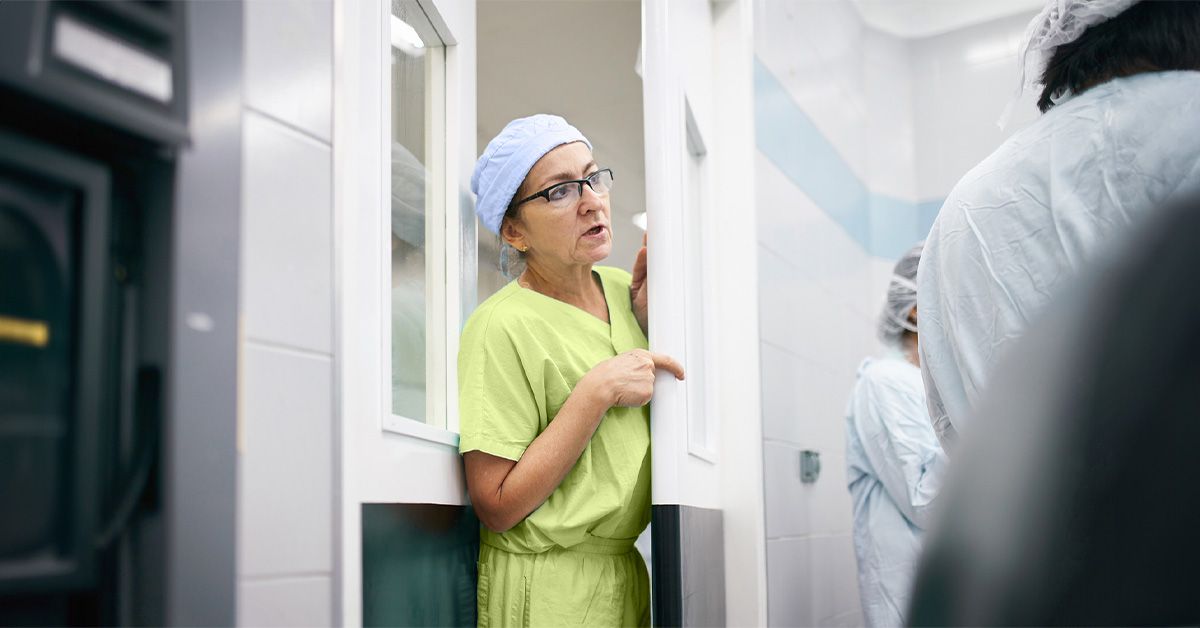Researchers presented two studies at the American Society for Metabolic and Bariatric Surgery’s 2024 Annual Scientific Meeting, emphasizing the benefits of weight loss surgery for individuals with prediabetes and type 2 diabetes. The first study focused on individuals with prediabetes and found that those who underwent bariatric surgery were 20 times less likely to develop type 2 diabetes over 15 years compared to those who did not have surgery. The second study highlighted the long-term benefits of Roux-en-Y gastric bypass surgery, with participants experiencing remission of type 2 diabetes for up to 15 years and maintaining weight loss for up to 20 years.
The retrospective review included 1,326 participants with prediabetes who underwent either Roux-en-Y gastric bypass or sleeve gastrectomy between 2001 and 2022. The researchers reported that participants who had bariatric surgery were significantly less likely to develop type 2 diabetes over a 15-year follow-up period. Additionally, the study found that those who underwent surgery experienced weight loss, with an average of 29% body weight lost at 12 months and 27% at 36 months. Dr. Christine Ren-Fielding, chief of bariatric surgery at NYU Langone Health, emphasized the importance of taking prediabetes seriously and seeking appropriate treatment strategies to prevent progression to diabetes.
In the second study, researchers reviewed the remission rates and weight loss outcomes of 2,045 individuals who underwent Roux-en-Y gastric bypass surgery between 2001 and 2008. The findings showed that participants with pre-operative diabetes experienced remission rates of 54% at the three-year mark and 38% after 15 years. Participants also achieved a peak weight loss of nearly 32% after 18 months, with weight loss stabilizing at 23% after 10 years and up to 20 years. Dr. Mir Ali, medical director of MemorialCare Surgical Weight Loss Center, highlighted the long-term benefits of weight loss surgery and the underutilization of this effective treatment option.
Obesity affects approximately 42% of individuals in the United States and can lead to various health complications, including weakened immune system, chronic inflammation, cardiovascular disease, stroke, type 2 diabetes, and certain cancers. Dr. Mitchell Roslin, chief of bariatric surgery at Northwell Lenox Hill Hospital, emphasized the role of weight loss surgery as the best therapy for metabolic syndrome and type 2 diabetes. He advocated for increased education about surgical procedures and emphasized the benefits of SADI-S or SIPS procedures, which do not produce glucose level swings and provide lasting fullness signals compared to other types of bariatric surgery.
Overall, the studies presented at the American Society for Metabolic and Bariatric Surgery’s 2024 Annual Scientific Meeting highlighted the significant benefits of weight loss surgery for individuals with prediabetes and type 2 diabetes. The research showed that bariatric surgery can significantly reduce the risk of developing type 2 diabetes and lead to long-term remission of diabetes, as well as sustained weight loss. Healthcare professionals emphasize the importance of addressing prediabetes seriously and considering weight loss surgery as an effective treatment option for individuals with obesity and metabolic disorders.











